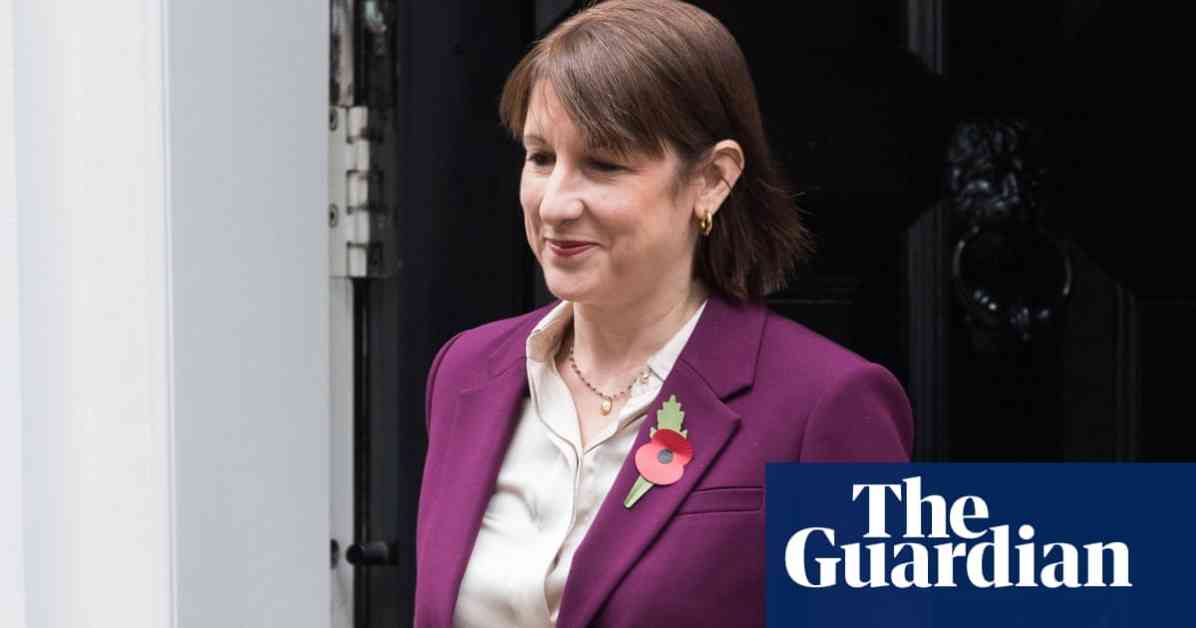The national minimum wage is set to increase by 6.7% in April, reaching £12.21 per hour. This decision by the chancellor will benefit over 3 million low-paid workers, with eligible full-time employees receiving a pay rise of £1,400 per year. Rachel Reeves praised this move as a significant step towards fulfilling Labour’s promise of a genuine living wage for working individuals.
Workers aged 18 to 20 will see their minimum wage rise from £8.60 to £10 an hour, marking a more than 16% increase, the largest on record. This adjustment aims to eventually align their pay with that of older employees. Despite this raise, the new rate remains below the £12.60 hourly rate recommended by the Living Wage Foundation, which is voluntarily paid by 15,000 UK employers.
Additionally, apprentices will also benefit from a minimum wage boost, with 18-year-old apprentices in sectors like construction witnessing an 18% rise in their hourly pay, from £6.40 to £7.55 an hour. These increases are part of the government’s broader plan to enhance workers’ rights, which is expected to raise the incomes of the lowest-paid employees by up to £600 annually.
While unions believe that businesses can absorb these changes, business groups have expressed concerns about the impact on their bottom lines and potential effects on investment. The Confederation of British Industry’s chief policy and campaigns officer, John Foster, emphasized the importance of higher growth and productivity in ensuring well-paid work opportunities for all individuals.
Economist Nye Cominetti from the Resolution Foundation noted that this year’s more modest minimum wage increase aligns with typical wage growth and is sensible given the expected rise in employer national insurance contributions. Looking ahead, he suggested that the government could consider being more ambitious in future adjustments.
The recent rise in the minimum wage follows nearly a decade of annual increases exceeding 10%, driven by high inflation rates. The recommendations from the Low Pay Commission, which now factors in the cost of living in its calculations, have guided these adjustments. Commission chair Philippa Stroud stressed the importance of balancing the need to support workers’ living standards with the challenges faced by employers in managing rising wage costs.
Overall, the national minimum wage increase aims to improve the financial well-being of low-paid workers while considering economic factors and the sustainability of businesses. As the minimum wage landscape evolves, striking a balance between fair wages and economic viability remains crucial for ensuring a thriving workforce and economy.












